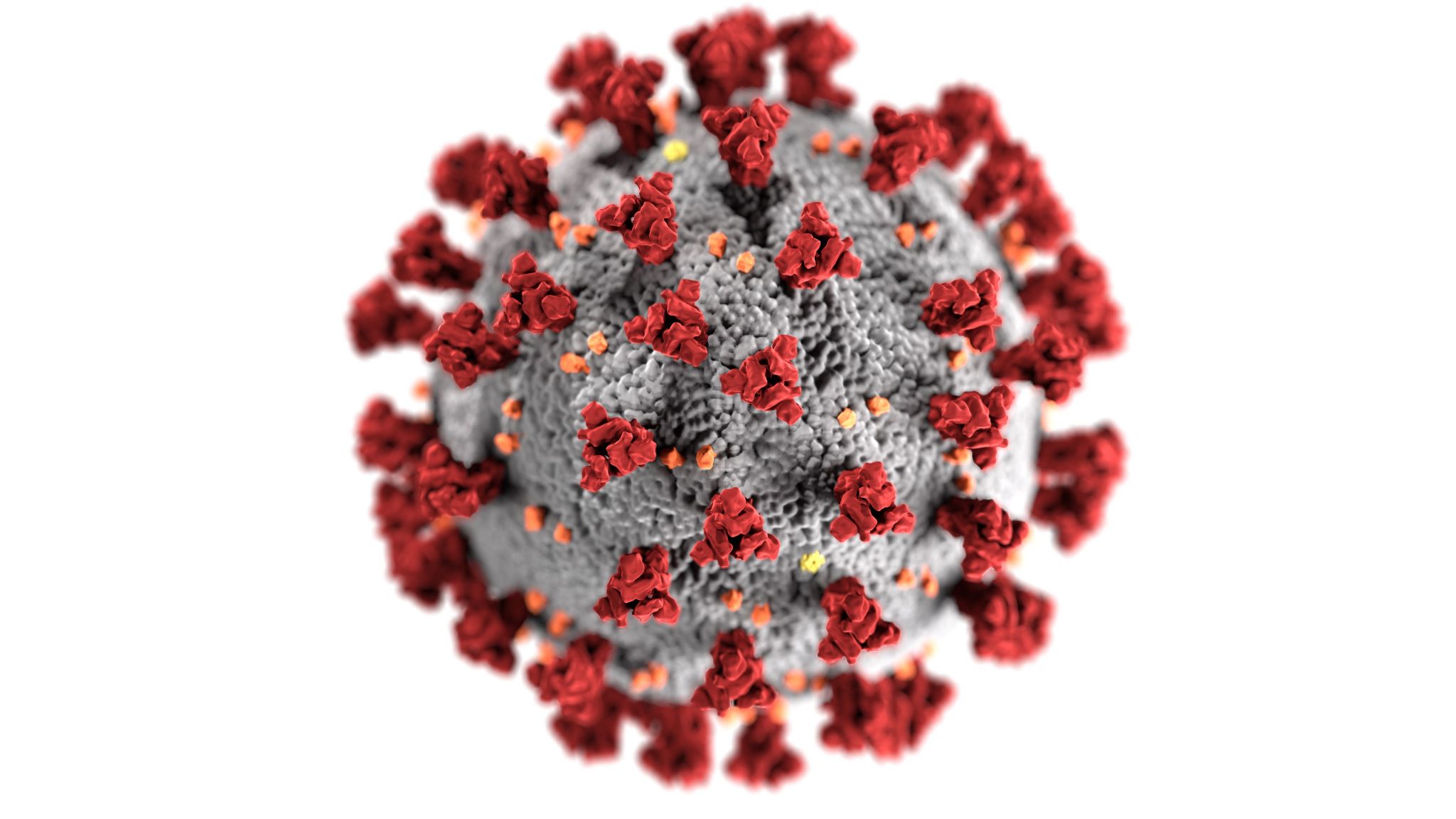16/04/2020
Print PageCentral DKTK Patient Registry

Medical research and clinical care are particularly challenged in the fight against the coronavirus SARS-CoV-2 pandemic. Therefore DKTK scientists from all DKTK partner sites are establishing a common clinical data platform and a biosample register. The clinical data can help to understand the effects of SARS-CoV-2 infection and COVID-19 disease on cancer progressionand to adjust patient treatment if necessary.
This is part of a joint initiative of the German Centres for Health Research (DZG). Due to the spread of SARS-CoV-2, the German Centre for Infection Research (DZIF) has initiated various measures, in which the DKTK also participates. These include a central registry for patients with SARS-CoV-2 infection - with a special focus on cancer, cardiovascular, metabolic, infectious, pulmonary or neurodegenerative diseases. The register is based on the European case registry LEOSS (Lean EuropeanSurvey on SARS-CoV-2 Infected Patients, https://leoss.net), which is already being used internationally for anonymised patient data. The DZG is now planning a more elaborated format of LEOSS using pseudomized data, i. e. LEOSS.deep. Based on this, a broader spectrum of highly innovative clinical studies can be subsequently performed.
In order to monitor the course of COVID-19 and the treatment of tumor patients with SARS-CoV-2 infection, DKTK has started the prospective clinical registry study COROCAN, which is headed by the partner site Essen. In this study clinical and biomaterial data will be collected at all DKTK sites using the established technical DKTK infrastructures for imaging and data harmonization. Finally, the data will be amalgamated centrally in the DZG-registry LEOSS.deep.